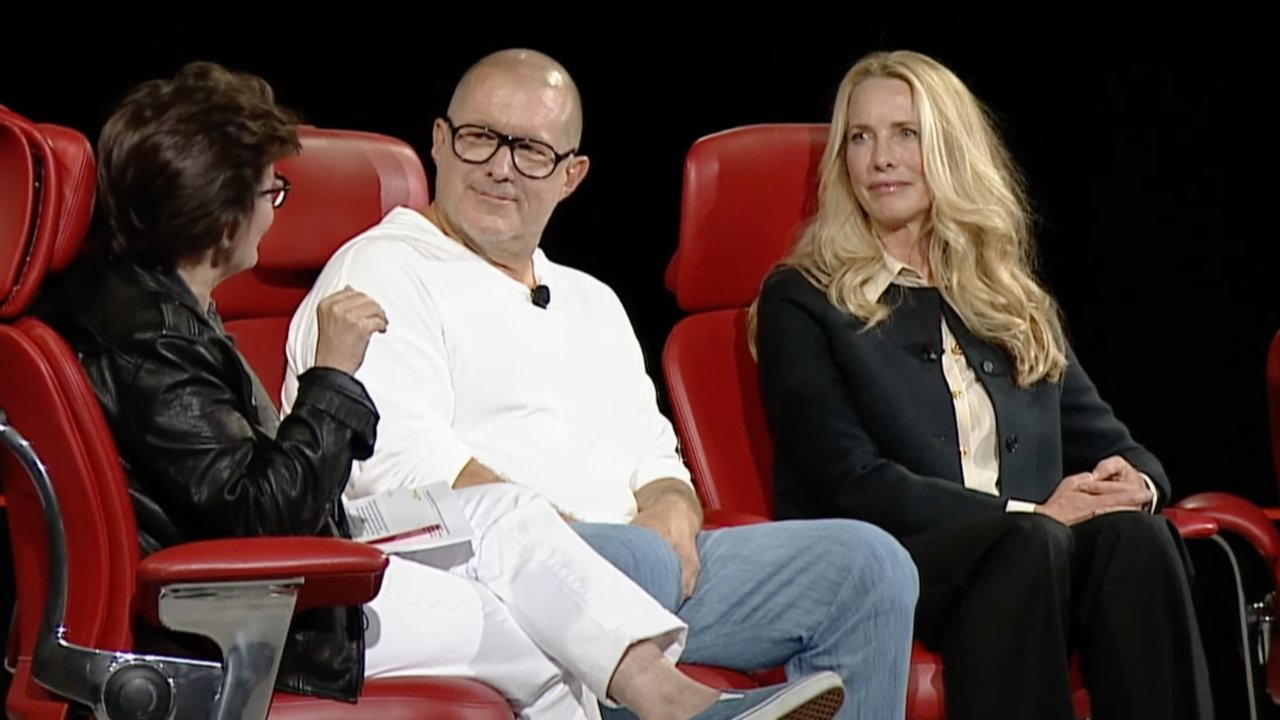Give Your Old Smartphone a New Purpose: Transforming Devices into Mini Data Centers

Revolutionizing Data Processing and Reducing E-Waste: The Smartphone Data Center
In a world grappling with the ever-increasing volume of data and the growing problem of electronic waste (e-waste), researchers at the University of Tartu Institute of Computer Science are pioneering a groundbreaking solution. Their innovative approach involves repurposing old smartphones into miniature, yet surprisingly powerful, data centers. This concept not only addresses the environmental impact of discarded electronics but also offers a sustainable and cost-effective alternative for localized data processing.
The Problem with E-Waste
The sheer scale of e-waste is staggering. Millions of smartphones are discarded annually, contributing to overflowing landfills and posing significant environmental hazards due to the toxic materials they contain. Traditional recycling processes often fall short, failing to recover valuable components and resources. The University of Tartu's research tackles this issue head-on by finding a productive and meaningful use for these devices, extending their lifespan and minimizing their environmental footprint.
How It Works: Smartphone Data Centers
The core idea is remarkably simple yet ingenious. Researchers have developed software and infrastructure that allows multiple old smartphones to be networked together, creating a distributed data processing system. Each smartphone contributes its processing power to tackle tasks, effectively forming a small-scale data center. These 'mini data centers' can be deployed in various locations – homes, offices, or even remote areas – to handle specific data processing needs.
Benefits of Smartphone Data Centers
- Reduced E-Waste: The most immediate benefit is the significant reduction in electronic waste by giving old devices a second life.
- Sustainable Processing: Utilizing existing hardware minimizes the demand for new resources and reduces the energy consumption associated with manufacturing new data centers.
- Localized Data Processing: Processing data locally, closer to the source, reduces latency and improves responsiveness, particularly beneficial for applications like IoT devices and edge computing.
- Cost-Effective Solution: Repurposing old smartphones is significantly cheaper than building or renting traditional data center resources.
- Scalability: The system can be easily scaled by adding more smartphones to the network, allowing it to adapt to changing data processing requirements.
Potential Applications
The applications for smartphone data centers are vast and varied. Consider these possibilities:
- Home Automation: Processing data from smart home devices locally, improving privacy and responsiveness.
- Small Business Computing: Providing a cost-effective solution for small businesses needing local data storage and processing.
- Remote Monitoring: Supporting remote sensors and devices in areas with limited internet connectivity.
- Educational Research: Providing students with access to distributed computing resources for research and experimentation.
The Future of Sustainable Computing
The University of Tartu's research offers a compelling vision for the future of sustainable computing. By embracing the potential of repurposed electronics, we can create a more environmentally responsible and resource-efficient data processing landscape. This innovative approach demonstrates that waste can be transformed into a valuable asset, contributing to a circular economy and a greener future. Further research and development will focus on optimizing the software and hardware infrastructure to maximize performance and scalability, paving the way for widespread adoption of smartphone data centers.





